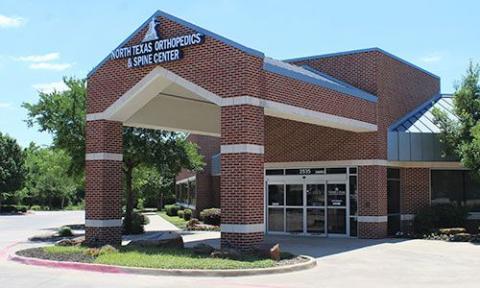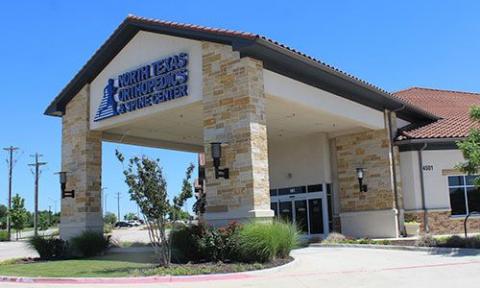Understanding Fracture of the Talus: Causes, Treatment, and Recovery
The talus is a small but critical bone in the ankle that connects the foot to the leg, playing a vital role in mobility and weight-bearing. A fracture of the talus is a serious injury that can lead to significant pain, swelling, and long-term complications if not treated promptly. In this blog post, we’ll explore the causes, symptoms, treatment options, and recovery process for talus fractures.
What is a Talus Fracture?
A talus fracture refers to a break in the talus bone, often caused by high-impact trauma. This type of fracture is particularly concerning due to the limited blood supply to the talus, which can complicate healing and increase the risk of complications such as avascular necrosis (bone death).
Causes of Talus Fractures
Common causes of talus fractures include:
- Motor vehicle accidents: High-impact collisions can result in severe injuries to the ankle, including talus fractures.
- Falls from height: Landing on the feet from a significant height can place extreme stress on the ankle bones.
- Sports injuries: Activities involving sudden twists, impacts, or heavy landings can lead to talus fractures.
Symptoms of a Talus Fracture
Signs of a talus fracture may include:
- Intense pain and swelling in the ankle or foot
- Difficulty bearing weight or walking
- Bruising and tenderness around the ankle
- Visible deformity in severe cases
- Limited range of motion in the ankle
Diagnosing a Talus Fracture
A healthcare provider will diagnose a talus fracture through:
- Physical examination: Checking for tenderness, swelling, and range of motion.
- Imaging tests: X-rays, CT scans, or MRIs to confirm the fracture and assess its severity and alignment.
Treatment Options for Talus Fractures
Treatment for a talus fracture depends on the severity and type of fracture:
Non-Surgical Treatment
- Immobilization: A cast or boot is used to protect the bone and allow it to heal naturally.
- Non-weight bearing: Patients are instructed to avoid placing weight on the affected foot for several weeks.
Non-surgical treatment is typically reserved for minor, non-displaced fractures.
Surgical Treatment
Surgery is often required for displaced or severe fractures to realign and stabilize the bone. The procedure may involve:
- Open reduction and internal fixation (ORIF): Using screws or plates to secure the fractured pieces.
- Bone grafting: In cases where significant bone loss occurs.
Recovery After a Talus Fracture
Recovery times vary based on the severity of the fracture and treatment method but generally include:
- Initial healing: Swelling and discomfort may persist for several weeks.
- Rehabilitation: Physical therapy to restore strength, mobility, and range of motion.
- Weight-bearing: Gradual return to weight-bearing activities as directed by the surgeon.
- Full recovery: Complete healing may take 6-12 months, depending on the complexity of the fracture.
Potential Complications
Talus fractures are associated with certain risks, including:
- Avascular necrosis: Loss of blood supply to the talus can lead to bone death.
- Post-traumatic arthritis: Long-term joint pain and stiffness due to cartilage damage.
- Delayed or nonunion: Difficulty healing in severe cases.
Preventing Talus Fractures
To reduce your risk of a talus fracture:
- Wear proper footwear for sports and high-impact activities.
- Use safety equipment during potentially hazardous activities.
- Avoid high-risk behaviors that could lead to falls or accidents.
Conclusion
A talus fracture is a serious injury that requires prompt medical attention and careful management to ensure proper healing and minimize complications. With the right treatment plan and rehabilitation, most individuals can return to their normal activities. If you suspect a talus fracture, consult a healthcare professional immediately to explore your options and begin the recovery process.
For more information on foot and ankle injuries, explore our blog or schedule a consultation with one of our specialists today.



